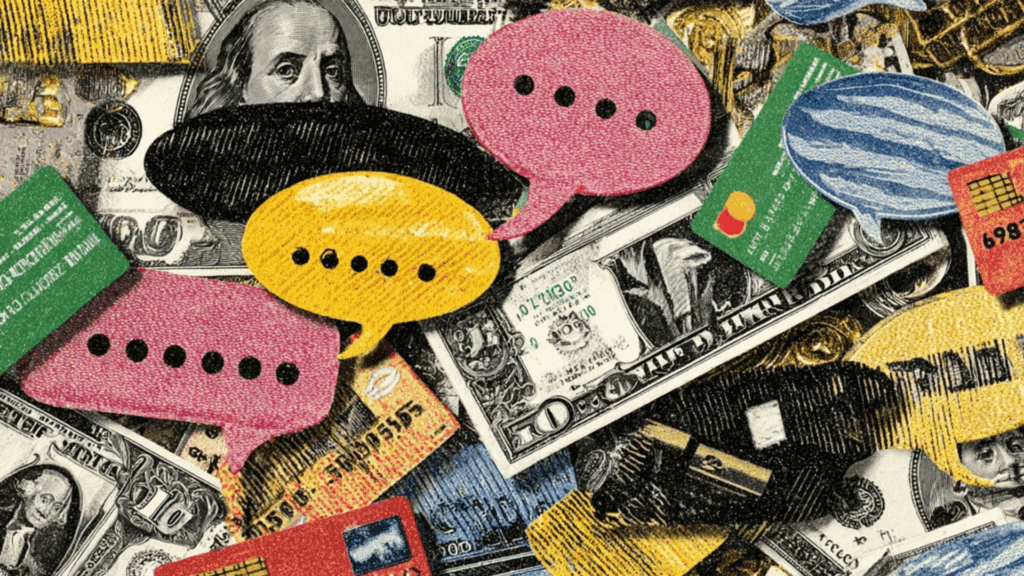Ever overheard bankers using words like “float” or “pipeline” and wondered what they actually mean? Banking lingo can sound intimidating to outsiders, with its mix of slang, old job titles, and quirky phrases.
Yet, most of these terms are simpler and more practical than they sound.
This guide breaks down everyday banking slang, forgotten banker names, and insider jargon in plain language.
By the end, you’ll see how these terms shape banking culture and feel confident using them in everyday conversations.
Understanding Banking Slang and Old Banker Names
Banking slang and old banker names are terms closely tied to the world of finance.
Slang is the informal language that bankers and customers use to describe common activities or roles in simpler words. Sometimes these terms even become part of banker jokes when used among colleagues to lighten the mood.
Old banker names, on the other hand, are traditional job titles that were once widely used in banks before modern titles replaced them.
Both give insight into how banking has grown over time. Understanding these terms helps employees, new hires, and even customers feel more connected to the banking industry and its unique culture.
Banking Slang, Titles, and Phrases You Should Know

Banking has its own set of words that can seem confusing at first. Below are important slang terms, old titles, and phrases that are still widely used and helpful to know.
Everyday Banking Slang
1. Overdraft: Spending more money than is in your account.
2. Float: Money that looks available but has not cleared yet.
3. Wire: Sending money electronically between banks.
4. Churn: Moving money often to earn rewards or bonuses.
5. NSF (Non-Sufficient Funds): When an account doesn’t have enough to cover a payment.
6. APR: The yearly cost of borrowing money.
7. CD (Certificate of Deposit): A savings product with fixed interest.
8. Direct Deposit: Paycheck or benefits sent straight to an account.
9. ATM Fee: A charge for using another bank’s cash machine.
10. Minimum Balance: The least amount required to keep in an account.
Banker Jargon for Colleagues
11. Big Hitter: A banker who brings in major clients or deals.
12. Closer: Someone skilled at finalizing loans or account openings.
13. Front Line: Staff, like tellers, who work directly with customers.
14. Back Office: Teams that handle operations, IT, and support behind the scenes.
15. Pipeline: List of deals or loans that are in progress.
16. Cross-Sell: Selling additional products to existing customers.
17. Book: A banker’s portfolio of clients or accounts.
18. Deal Flow: The number of new deals or transactions coming in.
19. Overnight: Work that continues after banking hours, often in investment banking.
20. Fire Drill: A sudden rush to complete urgent work, often before deadlines.
21. High Net Worth (HNW): Refers to wealthy clients with large assets.
22. Upsell: Persuading customers to choose a more expensive product or service.
Old Banker Names and Titles
23. Cashier: Once the head banker in a branch, now mostly a retail job title.
24. Bookkeeper: Recorded transactions by hand before digital systems.
25. Clerk: Managed paperwork, ledgers, and account records in early banks.
26. Teller: Originally called a “paying and receiving clerk,” later shortened to teller.
27. Bank Manager: A respected figure in the community with strong authority.
28. Ledger Keeper: Maintained physical account books before modern databases.
29. Scrivener: Early role for someone who wrote contracts and financial documents.
30. Notary: Certified official documents, often working closely with banks.
31. Cash Boy: A junior assistant who carried money and notes within the bank.
32. Exchange Clerk: Dealt with currency exchange and international banking records.
33. Discount Clerk: Handled bills of exchange and short-term lending.
34. Inspector: Traveled between branches to check accounts and prevent fraud.
Fun and Quirky Terms
35. High Roller: A customer who deals in very large amounts of money.
36. Mortgage Mill: A branch or office that processes loans at a very fast pace.
37. Banker Jokes: Light-hearted jokes that poke fun at money talk or long hours.
38. Dead Cat Bounce: A brief recovery in stock prices after a sharp fall.
39. Plastic Money: Slang for credit cards or debit cards.
40. Zombie Bank: A bank that is still open but not financially healthy.
41. Rainmaker: A banker who consistently brings in large deals or clients.
42. Ninja Loan: A risky loan given to someone with “No Income, No Job, No Assets.”
Why Learning Slang Matters
Learning banking slang is helpful because it makes communication faster and easier. Employees use these terms every day, and knowing them helps new hires understand conversations without confusion.
For customers, it makes banking less stressful because they can follow what the staff are saying.
Many slang words also reflect banking history, showing how the industry has grown and changed from traditional titles to today’s specialized roles.
These evolving terms often parallel shifts in job responsibilities and pay, which is also reflected in salary differences in banking roles and regions.
By learning both modern slang and old banker names, anyone working in or dealing with banks can feel more confident and connected to the financial world.
Wrapping it Up
Banking might seem wrapped in complicated terms, but much of the slang, jargon, and even old job titles tell a story about how the industry has grown and adapted over time.
From everyday phrases customers hear at the counter to quirky insider jargon among colleagues, this shared language shapes banking culture and communication.
Even the historic roles, like scriveners or exchange clerks, remind us of how far banking practices have evolved.
Learning these terms helps staff communicate better and gives customers a clearer view of banking culture. By knowing the lingo, you’ll move through the financial world with confidence and ease.
















